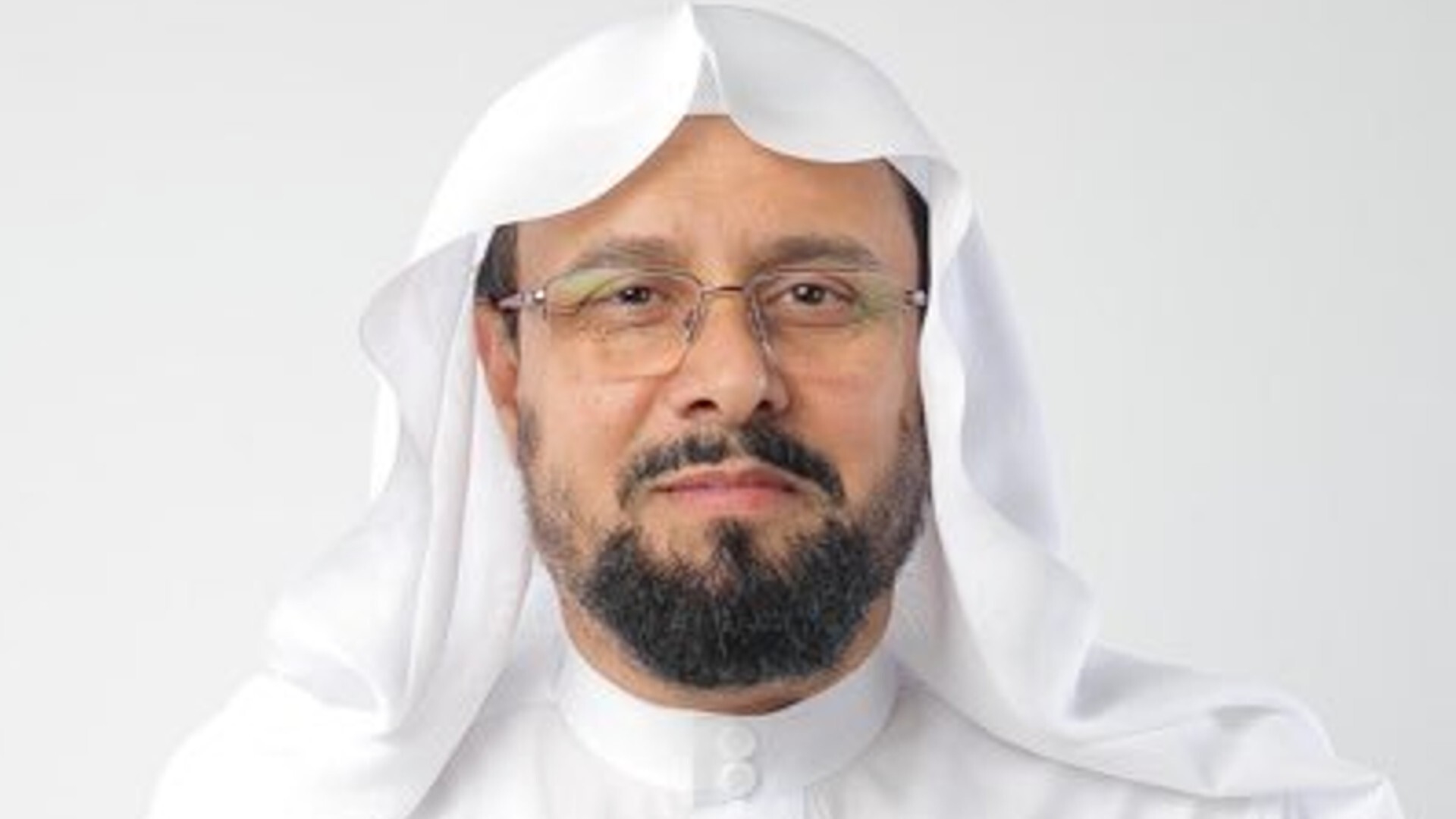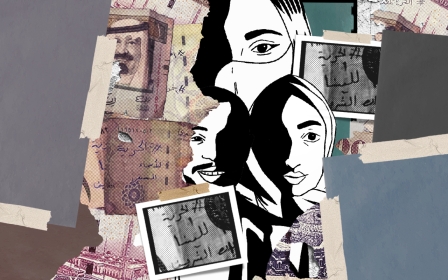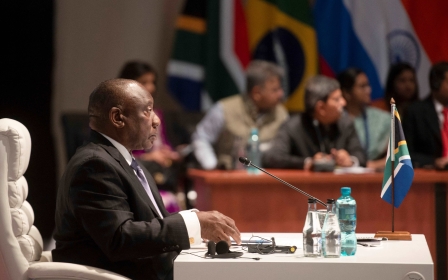Saudi Arabia: Brother of prominent scholar sentenced to death over tweets

A Saudi court has sentenced the brother of a prominent scholar and government critic to death over his tweets against corruption and for defending imprisoned religious scholars during interrogations, his family and rights groups have reported.
In a tweet on Thursday, renowned UK-based religious scholar Saeed al-Ghamdi said the Specialised Criminal Court in Riyadh had handed his brother, Mohammed al-Ghamdi, a death sentence over tweets made from an anonymous account with nine followers.
His tweets, seen by Middle East Eye, focused on unemployment, inflation, and government mismanagement of resources and called for the release of political prisoners.
"I appeal to everyone who has any ability to help free my brother's neck from the rule of injustice and unfair rulings," Saeed al-Ghamdi, who lives in self-imposed exile in London, said.
He added that his brother, a retired teacher, was also sentenced for defending detained Saudi scholars Awad al-Qarni, Salman al-Odeh, Ali al-Omari and Safar al-Hawali during interrogations. Qarni, Odeh and Omari have been imprisoned since 2017 and are all facing the death penalty.
The ruling against Mohammed al-Ghamdi, made in early July nearly a year after his arrest in June 2022, was confirmed on Friday by UK-based advocacy groups Alqst and the Sanad Rights Foundation.
It is understood to be the first death sentence over social media posts after a string of extreme sentences over online activism, starting with the 34-year sentence of Leeds University doctoral candidate Salma al-Shehab over tweets last August.
Veteran Saudi rights advocates and lawyers told MEE that they were shocked over the ruling.
'It's also the first time that the death sentence is decided so fast'
- Lina al-Hathloul, Alqst
Saudi government critics are routinely charged with inciting violence or terrorism in cases that rights groups believe have been brought over free speech. But in Mohammed's case, there is no such conflation, said Lina al-Hathloul, Alqst's head of monitoring and communications.
"They don't say he has created any kind of terrorist organisation. They literally say he has betrayed his religion and the state by following YouTube and Twitter accounts," Hathloul told MEE. "It's also the first time that the death sentence is decided so fast."
Taha al-Hajji, a Saudi lawyer and legal consultant with the European Saudi Organisation for Human Rights, said on Friday that Saudi courts were taking "advantage of discretionary rulings to liquidate whoever they want".
"Tampering and disregarding lives has reached a dangerous stage in Saudi Arabia. A death sentence issued on absurd accusations is terrifying and dangerous," said Hajji.
Saeed al-Ghamdi, a vocal dissident, said the procedure followed in the case suggests it was aimed at punishing him for refusing advances by the Saudi government to bring him back to the country.
Voices drowned out
Extreme sentencing over social media posts in the kingdom started last August with Shehab's 34-year prison sentence, plus a 34-year travel ban over retweets in support of women's right to drive and for calling for the release of activists, including Loujain al-Hathloul.
A week after Shehab's sentencing, Nourah al-Qahtani, a mother of five, was sentenced to 45 years in prison over tweets from two anonymous accounts.
Their cases were followed by Saad Almadi, a dual Saudi-American citizen, who was sentenced to 16 years over his tweets, which was increased to 19 years by an appeals court before he was released in March. A 16-year travel ban, however, remains in place.
Abdullah Jelan, a university graduate who dreamed of becoming a health educator for the Saudi government, was handed 10 years in prison, plus a 10-year travel ban, over anonymous tweets that largely focused on unemployment.
Most recently, news emerged that sisters and well-known social media influencers, Manahel and Fouz al-Otaibi, were facing criminal charges over their social media activity, including tweeting about feminist causes.
Hathloul said it was "frustrating, saddening and maddening" that the escalating crackdown over free speech on social media in the kingdom has been so easily drowned out.
"Our voices are less and less heard with everything else that's happening in Saudi Arabia. What the world sees is Neymar and all of these celebrities in Saudi Arabia," she said, referencing the Brazilian footballer who has joined Saudi Pro League al-Hilal.
"But us Saudis, what we are truly going through is we can have our heads cut off because of anonymous accounts."
Middle East Eye contacted the Saudi government for comment.
Middle East Eye propose une couverture et une analyse indépendantes et incomparables du Moyen-Orient, de l’Afrique du Nord et d’autres régions du monde. Pour en savoir plus sur la reprise de ce contenu et les frais qui s’appliquent, veuillez remplir ce formulaire [en anglais]. Pour en savoir plus sur MEE, cliquez ici [en anglais].





